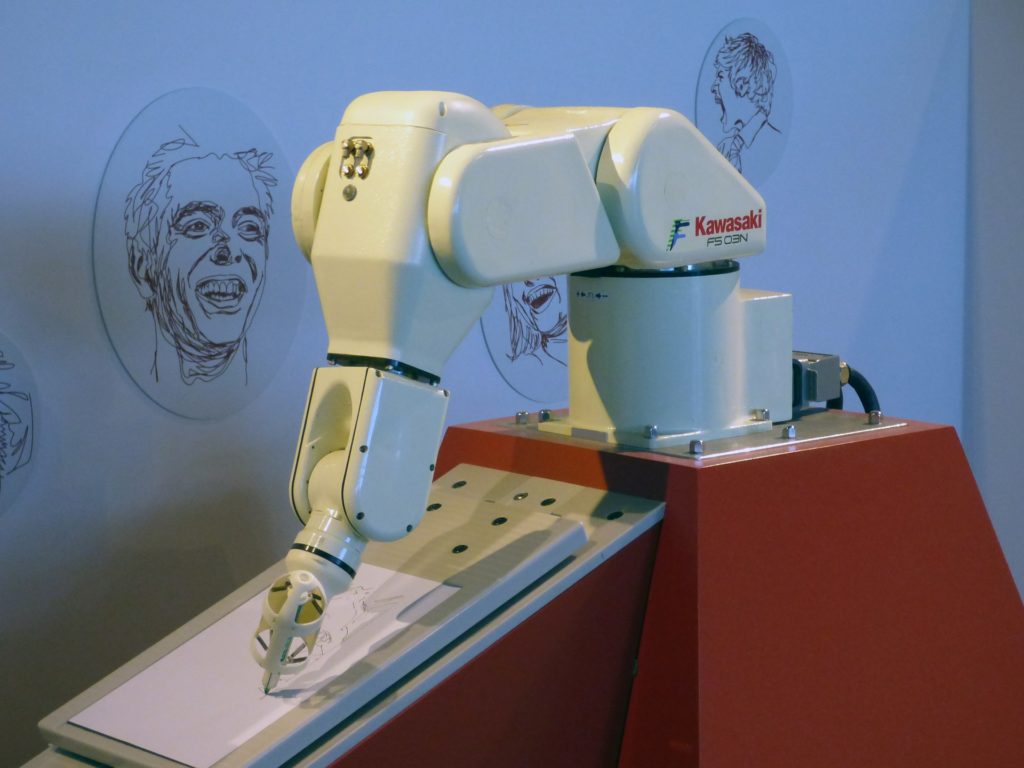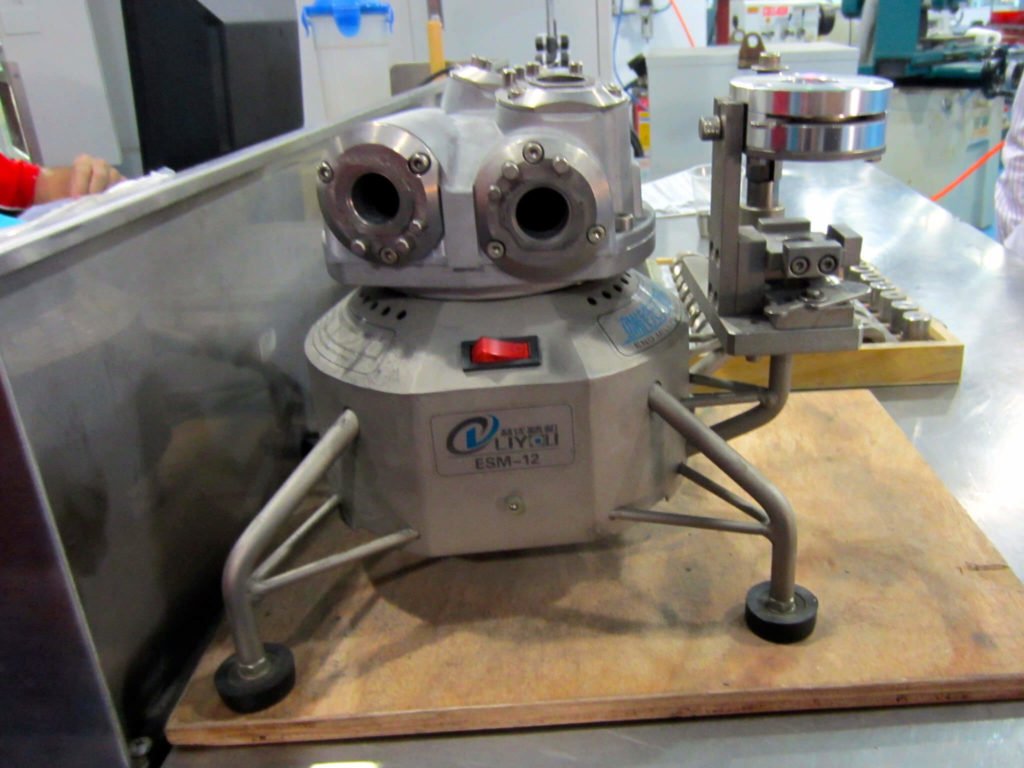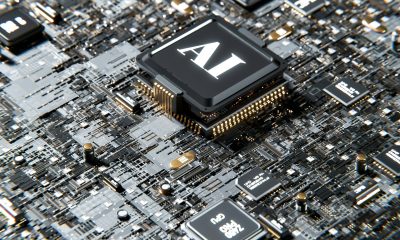Business
Artificial intelligence is driving major changes in the workplace
Artificial intelligence has been used in the workplace for analytics and research by companies.

Artificial intelligence (AI), for many individuals, is exciting. Others may find it frightening and to some it could be significantly disruptive. The way you feel about AI likely depends on where you live, how you work, your age and whether or not AI will threaten your career.
Autonomous cars and public transit will be controlled by AI in the near future. Big data experts already use AI for analytics and research. Planners, teachers, consultants, law enforcement specialists and physicians are eager to get more help from AI. As artificial intelligence options increase, major changes will occur—especially in the workplace.
The federal government and municipalities are both strong first adopters of AI. That is likely because both jurisdictional levels of government are struggling with decreased funding and AI offers cost savings.
One statistic that will alarm government employees is this—a new report estimates the integration of AI systems into government may free up as many as 1.2 billion hours of work that are now being handled by humans. That translates into 30 percent of the time that is now allocated to government employees. Currently, 37 percent of cities are already using AI and 27 percent report that they plan to use it soon. New Jersey just hired its first Artificial Intelligence Officer, who will be tasked with implementing AI solutions.
There are many benefits to be gained from AI and it will definitely be a part of our future. Much of what AI produces will be good for taxpayers and citizens. A quick look at some of the upcoming opportunities related to AI provides an interesting glimpse into some of the ways cities will incorporate this new technology in 2018.
The city of Cincinnati has announced that it will seek a partner in 2018 to implement a transportation aggregation tool that incorporates AI. The objective will be to collect transportation data and then create a single data platform so that motorists and riders can access a single tool to select transit options. Citizens will obviously find that helpful.

Artificial intelligence has been used in the workplace for many purposes including analytics and research by companies. AI is definitely here to stay. (Photo by Zach Hoeken via Flickr. CC BY-SA 2.0)
Boston plans to create a “chatbot” (a robot that can be taught by AI) to handle citizen requests that are now being handled through a 311 system. The bot will be available 24X7 and will respond to queries. The Massachusetts Department of Innovation and Technology will develop machine learning algorithms and teach the bot to understand and respond to callers’ requests. Cary, North Carolina, will soon issue a rather unique solicitation. City leaders want to use AI—robots and predictive analytics—to make the city safer by detecting parts of the city that have an opioid problem.
The plan will be to let bots test samples from city sewers, overlay the results on city maps and direct law enforcement and drug counselors to areas where opioid use is most prevalent. Another solicitation to anticipate in early 2018 will come from the state of Maryland. State leaders plan to incorporate artificial intelligence software and sensors into roadways to control traffic signals based on roadway traffic patterns.
As the country enters the ever-evolving world of artificial intelligence, citizens should stay alert. Businesses, government and individual lives will be impacted significantly. Changes are occurring so fast one might wonder if this is what people experienced during the industrial revolution.
—
DISCLAIMER: This article expresses my own ideas and opinions. Any information I have shared are from sources that I believe to be reliable and accurate. I did not receive any financial compensation in writing this post, nor do I own any shares in any company I’ve mentioned. I encourage any reader to do their own diligent research first before making any investment decisions.

-

 Crypto3 days ago
Crypto3 days agoXRP vs. Litecoin: The Race for the Next Crypto ETF Heats Up
-

 Biotech2 weeks ago
Biotech2 weeks agoVytrus Biotech Marks Historic 2024 with Sustainability Milestones and 35% Revenue Growth
-

 Biotech10 hours ago
Biotech10 hours agoSpain Invests €126.9M in Groundbreaking EU Health Innovation Project Med4Cure
-

 Crypto1 week ago
Crypto1 week agoRipple Launches EVM Sidechain to Boost XRP in DeFi

























You must be logged in to post a comment Login